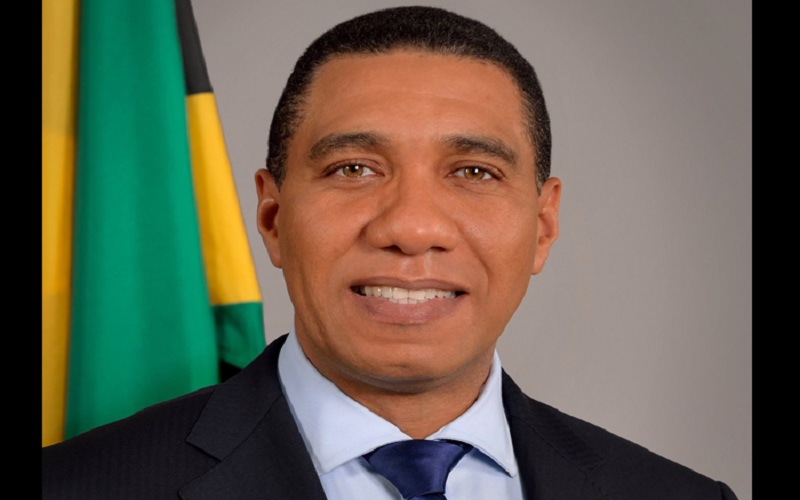Jamaica plans to roll out its digital currency across the country in the first quarter of this year, in an effort to cut transaction costs and give financial services to residents who do not use banks.
The Bank of Jamaica had in December, announced that a pilot program to issue 230 million Jamaican dollars (US$1.5 million) of the new currency had been completed.
“The majority of Jamaicans are financially excluded,” said Natalie Haynes, deputy governor for banking and currency operations and financial markets infrastructure at the Bank of Jamaica.
Each year, the bank intends to replace 5% of Jamaican dollars with the new digital currency, according to Haynes.
Digital currency in Jamaica is modelled after a concept called DCash, which a group of Eastern Caribbean nations introduced last year.
DCash is now used in Antigua and Barbuda, Grenada, Saint Kitts and Nevis, Saint Lucia, and Saint Vincent. The Bahamas issued digital currency for the first time in the region in 2020.
JMD $5 million ($38,000) was granted to Jamaica’s National Commercial Bank, a private financial institution, while JMD $1 million ($6,000) was issued to Bank of Jamaica staff.
Customers create a digital wallet in which they can deposit monies in return for digital currency, which can subsequently be used to make purchases.

